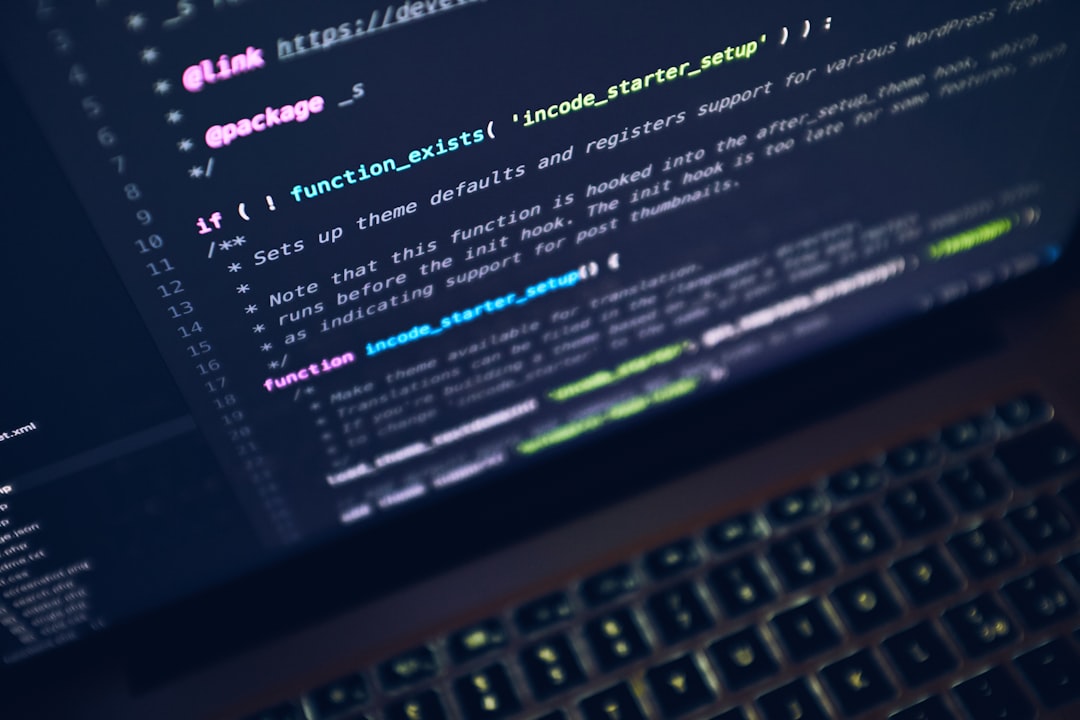
Revolutionizing Industry Operations with AI-Powered Automation Solutions
In today’s rapidly evolving technological landscape, businesses across various sectors are embracing AI-powered automation solutions to streamline their operations, enhance efficiency, and drive innovation. The integration of artificial intelligence (AI) into automation not only optimizes processes but also empowers organizations to make data-driven decisions, ultimately revolutionizing how industries operate.
Understanding AI-Powered Automation
AI-powered automation refers to the use of artificial intelligence technologies to automate complex business processes. This encompasses a wide range of applications, from robotic process automation (RPA) to machine learning and natural language processing. By leveraging AI, organizations can enhance their operational capabilities, allowing for improved efficiency, reduced costs, and higher quality outputs.
Key Components of AI-Powered Automation
-
Robotic Process Automation (RPA): RPA tools can perform repetitive tasks by mimicking human interactions with digital systems. This technology is especially beneficial for data entry, invoice processing, and customer support.
-
Machine Learning: This subset of AI enables systems to learn from data without being explicitly programmed. Machine learning algorithms can analyze trends, predict outcomes, and adapt to new data, making them invaluable for decision-making processes.
-
Natural Language Processing (NLP): NLP allows machines to understand and interpret human language. This capability is essential for applications such as chatbots, which can provide customer support and improve user experiences.
-
Predictive Analytics: By analyzing historical data, predictive analytics can forecast future trends, allowing organizations to make informed strategic decisions.
Current Developments in AI-Powered Automation
The integration of AI in automation solutions is not static; it is continuously evolving. Here are some of the most prominent trends:
1. Enhanced Decision-Making
AI-powered automation provides organizations with insights derived from data analytics, enabling more informed decision-making. Companies can now analyze vast datasets to identify patterns and trends, leading to strategic advantages in competitive markets.
2. Hyperautomation
Hyperautomation refers to the use of advanced technologies like AI and machine learning to automate processes beyond traditional automation. This approach allows organizations to automate entire workflows, rather than individual tasks, leading to significant efficiency gains.
3. AI in Supply Chain Management
The integration of AI in supply chain management is transforming how organizations manage logistics, inventory, and delivery. AI-driven systems can predict demand fluctuations, optimize inventory levels, and enhance supplier selection processes.
4. Smart Manufacturing
AI-powered solutions in manufacturing allow for predictive maintenance, quality control, and inventory management. By utilizing real-time data analytics, manufacturers can minimize downtime and maximize operational efficiency.
Case Studies Highlighting Success
Case Study: Unilever
Unilever implemented AI-powered automation to optimize its supply chain operations, resulting in improved forecasting accuracy and reduced waste. By integrating predictive analytics, the company was able to streamline its inventory management processes, leading to significant cost savings and enhanced customer satisfaction.
Case Study: Siemens
Siemens has embraced AI in its manufacturing processes, utilizing machine learning algorithms to predict equipment failures and schedule maintenance. This proactive approach has reduced downtime and improved production efficiency, showcasing the transformative potential of AI-powered automation.
Expert Opinions
Industry experts emphasize the importance of adopting AI-powered automation solutions. According to Dr. John Doe, an AI researcher at Tech Innovations, “The future of industry operations lies in the seamless integration of AI technologies with existing processes. Organizations that adapt will lead the market.”
Practical Applications Across Industries
AI-powered automation is making strides in various sectors, including:
- Healthcare: Automating administrative tasks, enhancing patient care through predictive analytics, and streamlining clinical workflows.
- Finance: Automating transaction processing, fraud detection, and customer service inquiries through chatbots.
- Retail: Personalizing customer experiences, optimizing inventory management, and enhancing supply chain efficiency.
Further Reading and Tools
To delve deeper into AI-powered automation solutions, consider exploring the following resources:
These resources provide valuable insights and tools that can enhance your understanding of AI integration in various operational contexts.
Conclusion
The revolutionizing of industry operations through AI-powered automation solutions is a transformative journey that businesses cannot afford to overlook. By adopting these advanced technologies, organizations can enhance their operational efficiency, drive innovation, and maintain a competitive edge in their respective markets.
As industries continue to evolve, staying informed about the latest advancements in AI automation will be crucial for success. Consider subscribing to industry newsletters, sharing this article with peers, and actively exploring AI tools to stay ahead in the digital transformation journey.
Glossary of Terms
- Artificial Intelligence (AI): The simulation of human intelligence processes by machines, especially computer systems.
- Robotic Process Automation (RPA): Technology that allows the configuration of computer software or a robot to emulate human actions.
- Machine Learning: A branch of AI that focuses on building systems that learn from data.
- Predictive Analytics: The use of data, statistical algorithms, and machine learning techniques to identify the likelihood of future outcomes based on historical data.
By understanding these concepts and their relevance to AI-powered automation, businesses can better position themselves in an ever-competitive landscape.


